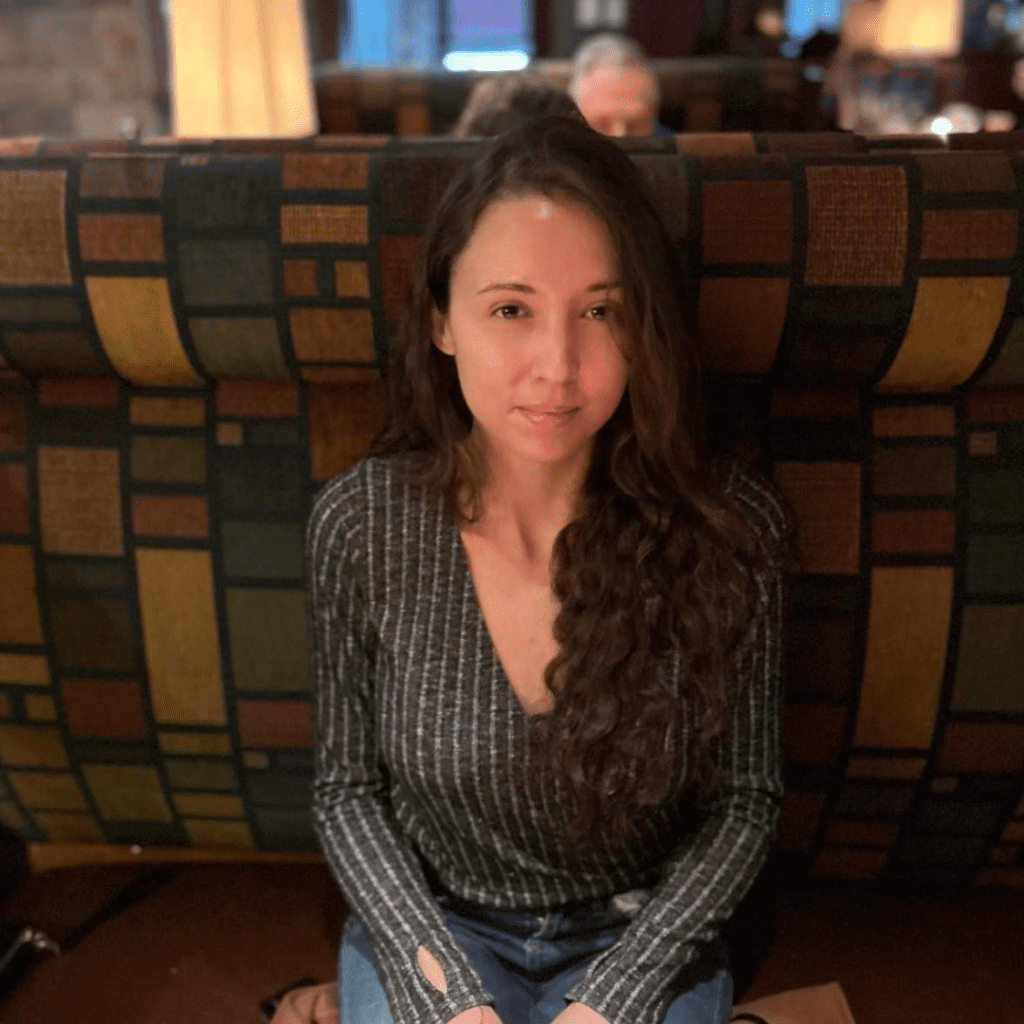Describe your life prior to diagnosis.
For more than two decades, I survived on foods that would now make me ill. There were some odd episodes here and there where symptoms like the ones I constantly battle now would arise, but my pediatric GI claimed it was just me “becoming a woman.”
I was healthy according to my physicals and nearing D1 level as an athlete. Furthermore, my memory was perfect and I never experienced an injury that I didn’t directly cause. Looking back, I have no regrets about the way I lived, as it was done with the motto that I should do everything at least once, which allowed me to try many different things, especially foods.
How did you find out that you had celiac disease? Did you suspect it beforehand?
Around the beginning of the COVID-19 pandemic, I began experiencing unusual symptoms. It started with general stomach pain and sickness, sometimes occurring 30 minutes after eating, with pains so great it felt like needles were dragging across my intestines. However, this slowly began to escalate into more extreme manifestations of weight loss, brain fog, fevers, aches and pains, minor injuries, and 31 other symptoms. My roommate at the time joked that it was gluten-related, but I didn’t begin to believe this until much later when other friends began being diagnosed with gluten intolerance.
How long did it take for you to get diagnosed since your first symptoms and what (if any) challenges did you face along the way?
It took more than a year to find a GI that has been helpful toward diagnosing this. During my first year with these symptoms, I lived in utter denial that I had celiac disease. Whenever I got sick, I blamed some unknown stomach bug and thoughtlessly assumed that I miraculously would not become ill after my next meal.
It took some convincing from family and friends to finally see a GI, but as it turned out, he knew about as much about celiac disease and gluten intolerance as I did. He performed an endoscopy almost immediately after our first meeting, not asking whether I had been eating gluten up until that point, nor requesting that I eat gluten up until the test. The night before, I learned that I needed to eat gluten prior to the examination and I had not consumed any in months; five pieces of bread led the endoscopy to reveal I had IBS and nothing more.
My second GI doctor, who has been more understanding of what needs to be done, has been fearful to perform another endoscopy because my symptoms are so severe. If I were to eat gluten for weeks prior to the test, as is required, then the weight loss, fever, and overall weakness among other things would be too dangerous for my health.
Describe your experience living with celiac disease.
Living with this has been very difficult. Compared to other people with celiac, I have found that I fall on the extremely sensitive side, where even trace amounts of cross contamination will set me off — even in products labeled gluten-free. Furthermore, with this I have also become oat, lactose, and sulfite intolerant.
The reality I now face is one in that I cannot even consume foods labeled gluten-free, whether certified or not, as most use oats/oat flour and lactose/cheese or use factories that produce products with these ingredients leading to cross-contamination. Much like my doctor, I am at a loss of what to do.
What would a cure mean for you?
Much like the Captain in Wall-E said, “I don’t want to survive. I want to live.” Finding a cure would mean the difference between barely surviving and being able to live and enjoy life again.
Is there anything else you’d like to add to your story?
This has been especially difficult while in law school, but my celiac/gluten intolerance has driven me to look for ways to get involved to improve our way of life. Laws and regulations are meant to protect, but the current ones in place seem to do more harm than good to those classified as celiac or gluten intolerant. As an autoimmune disease that is continuing to grow in number, it is pertinent that the government realize we are a class of peoples who need to be protected rather than overlooked.




